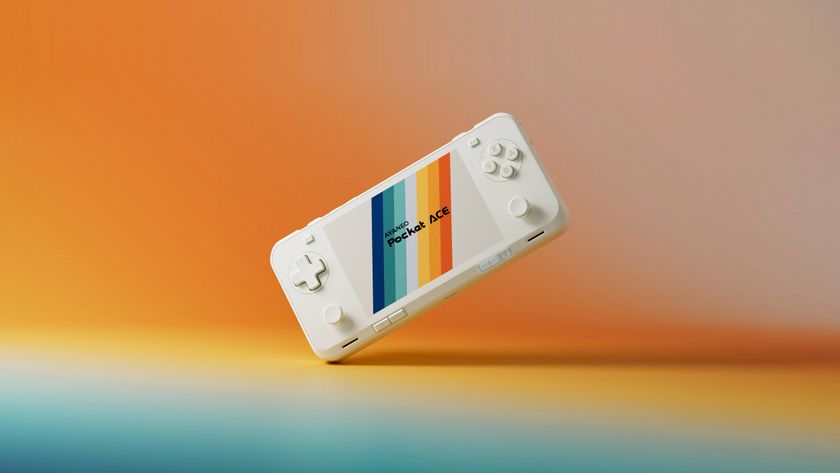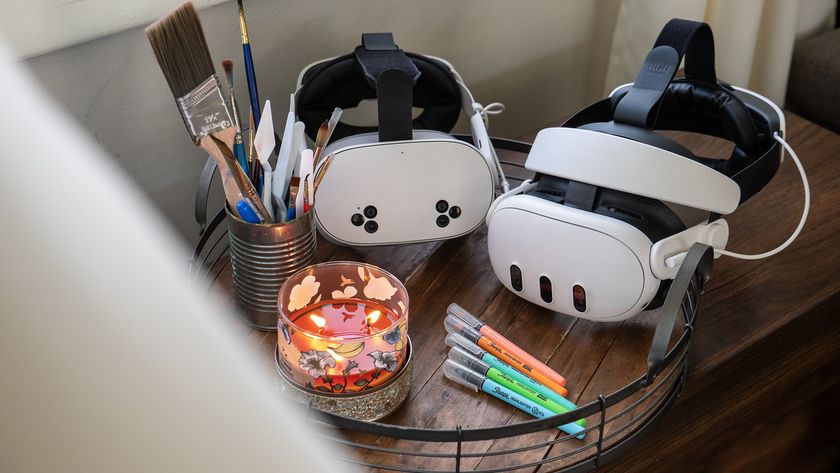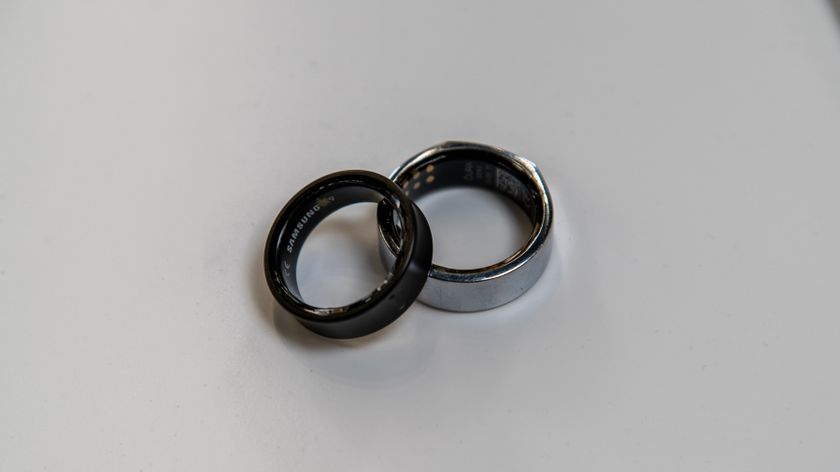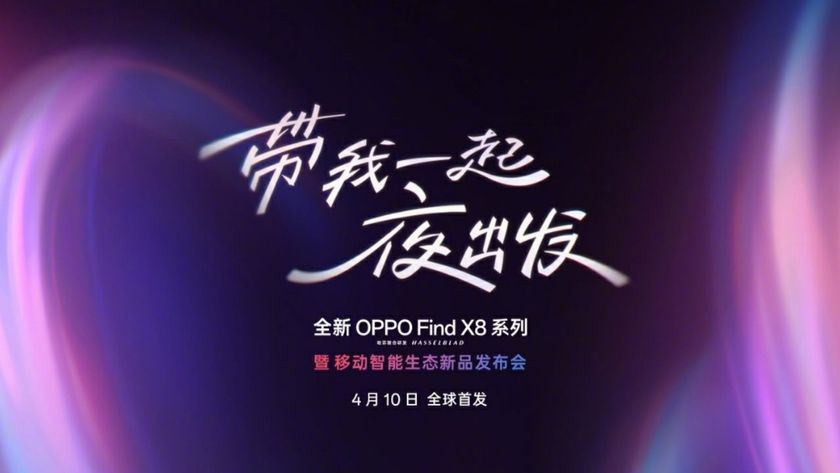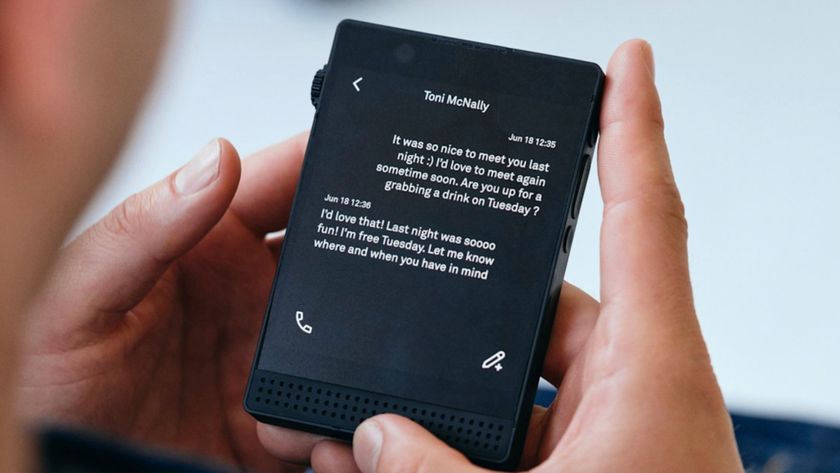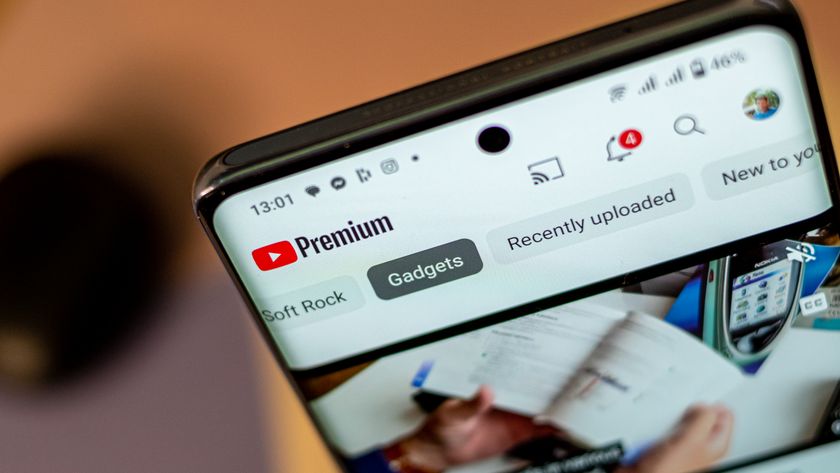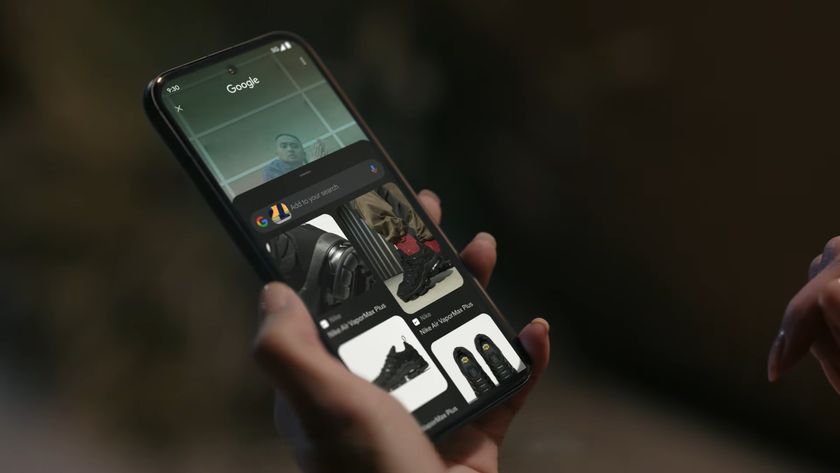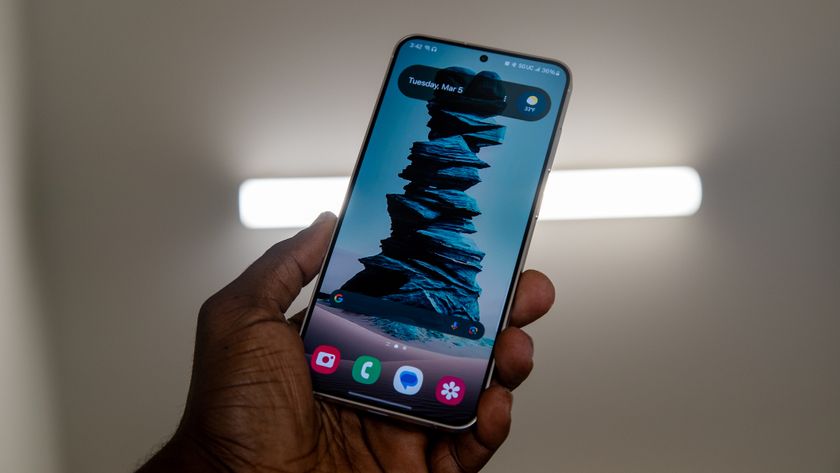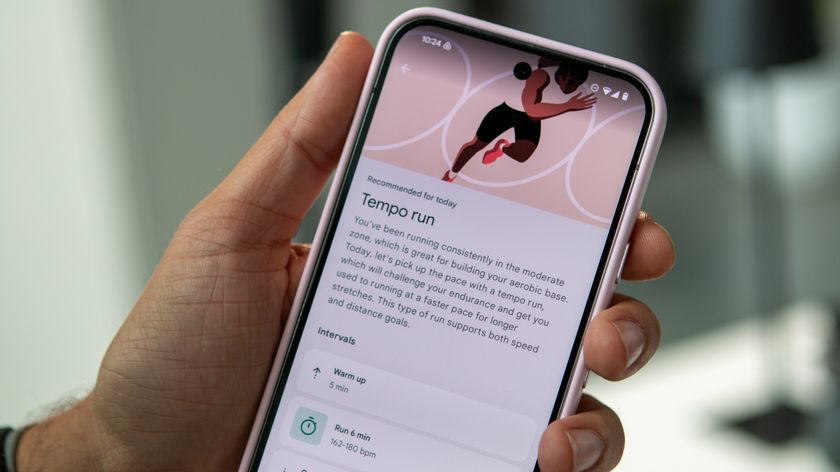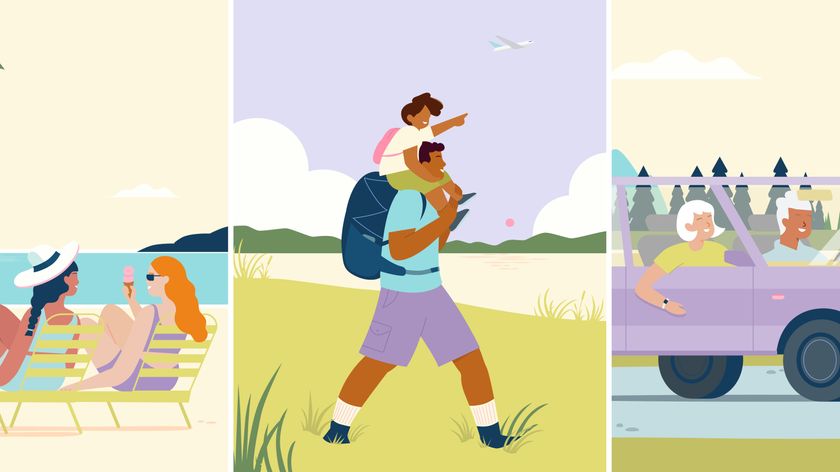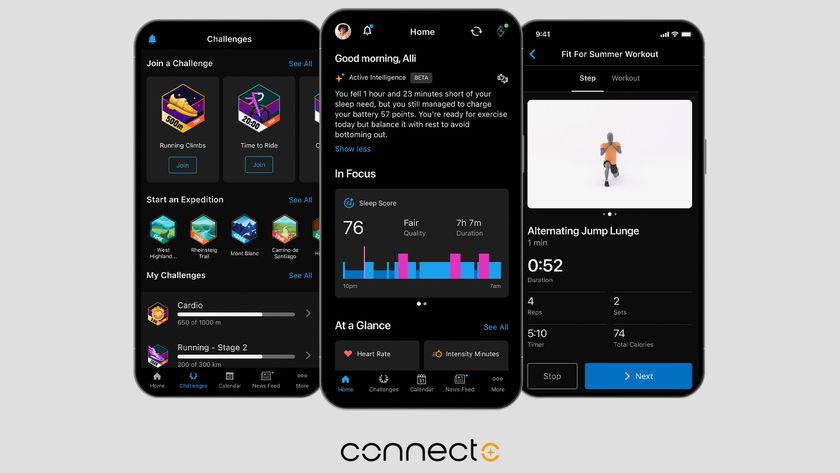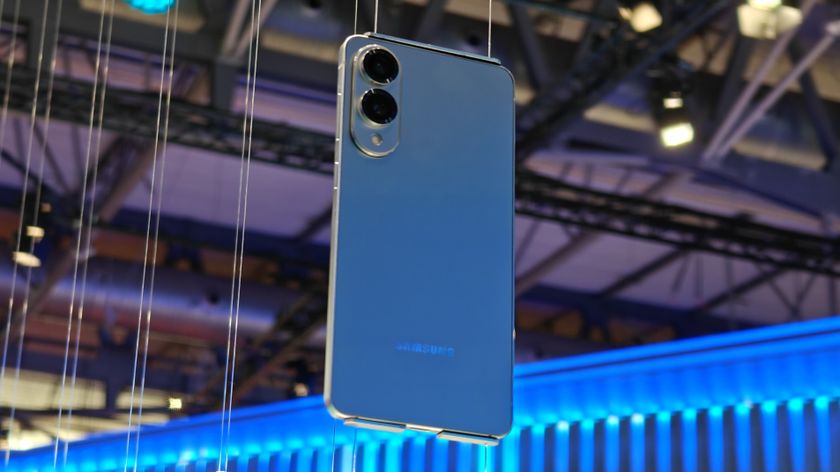Cloud gaming could lead to fewer mobile ports, but is that a bad thing?
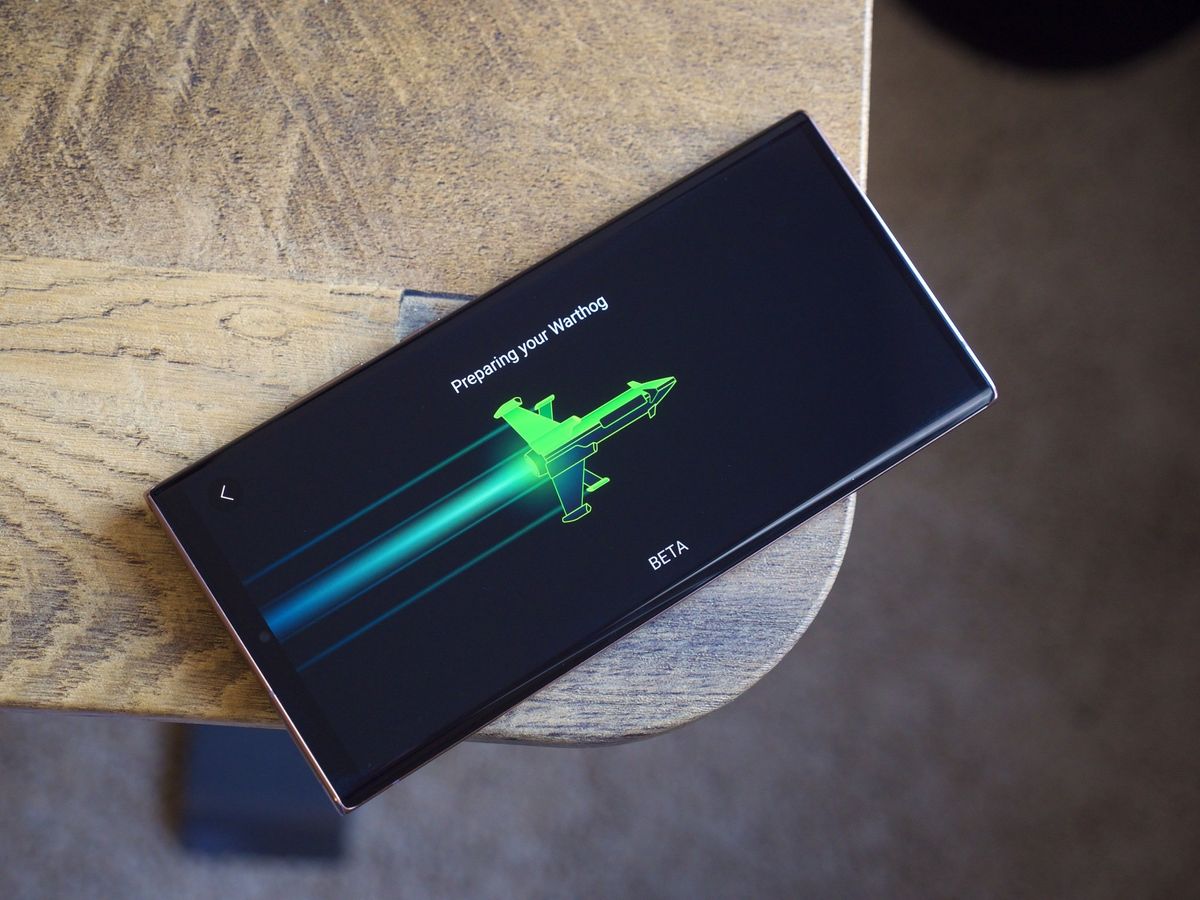
As we look forward hopefully to 2021, just a few short weeks away, a lot of us are left wondering what the new year holds. We here at Android Central have already shared our thoughts on 2020 in our Year in Review series, but now's it time to speculate about what's coming next. My thoughts obviously turned to theories about changes in the Android gaming space, and something interesting occurred to me.
I already talked about how cloud gaming has some improvements to make in 2021 and beyond to become truly viable for most people. But while we can talk all day about what the likes of Xbox Game Pass and Stadia can do to be better, I think there's something else we should ask ourselves.
With more and more games becoming available to stream thanks to cloud gaming services, there are bound to be duplicates with games already ported to Android, such as with Dead Cells. Does that mean we'll see fewer mobile ports as some developers opt for using something like Game Pass?
The honest answer is that I don't know.
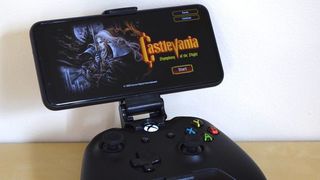
That's pretty anticlimactic, I'll admit, but I have some thoughts on this. Obviously, there's nothing set in stone, and I doubt we'll see a true end to mobile ports because not every game will join cloud gaming libraries. The future may hold fewer high-profile Android ports, but I don't think this will happen any time soon; it's a possibility, not an inevitability. However, it all depends on how cost-effective it is to port a game to Android versus just going with something like the Game Pass library. After all, cash is king.
As things stand now, I prefer a local port over streaming a game. Cloud gaming has some solid strengths, especially Xbox Game Pass (xCloud) and Stadia, but it's hard to beat a native title in terms of convenience. If you're anything like me, you like having a game installed on your device, ready to go at any time. Assuming it's an offline title, like the incredible Donut County that I just reviewed, you can play it anywhere and not worry about it.
Yes, fewer mobile ports would be a bad thing.
There's also the benefit of touchscreen controls built into the games themselves, but some cloud games have support for a touch input layer, and it actually works quite well in many cases. But what if a cloud-streamed title doesn't have support for touch controls? Always having a controller at hand isn't possible, even with compact options like the Razer Kishi, so as convenient as cloud gaming seems on the surface, it's not all that well-suited to a truly mobile lifestyle.
Be an expert in 5 minutes
Get the latest news from Android Central, your trusted companion in the world of Android
But, I hear you say, almost any phone can stream cloud games, while some Android games require the phone to do the heavy lifting. It's true that some games, like GRID Autosport, are too much for all but a select few devices, but that's the exception, not the rule. Any one of the members of our best Android games roundup, or from our Game of the Week highlights, can play on most of the devices out there and don't always rely on the best internet connection or unlimited data.
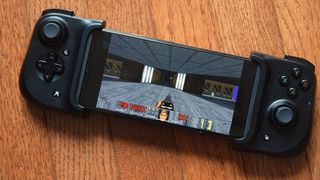
If we start seeing fewer native Android ports, it can only sour the mobile gaming experience for some. It'd be a shame if those people started to lose out on awesome ports. We've already seen how good things can be, such as in the cases of Dead Cells, Doom and Doom II, Symphony of the Night, and so on. As I consider this, however, I don't foresee the end of Android ports of any kind any time soon.
All options, local or cloud, cost money in some form or another. Game Pass requires a subscription, Stadia and GeForce Now require you to buy the games (except for free-to-play titles), and buying mobile games is an upfront cost. If you only play a handful of games or buy a few in-app purchases, then native gaming is definitely the cheaper option, especially when you throw in Google Play Pass. That's a different topic, though.
The answer to my original question in the title is that, yes, fewer mobile ports would be a bad thing. All of this just reiterates that cloud gaming will not supplant native mobile gaming, at least not right now. However, Android gaming is nonetheless undergoing a paradigm shift. While I watch it with great interest, thinking about the consequences is inevitable. Until cloud gaming improves its reliability, I hope that we don't see a drop in the number of mobile ports to hit the Play Store.
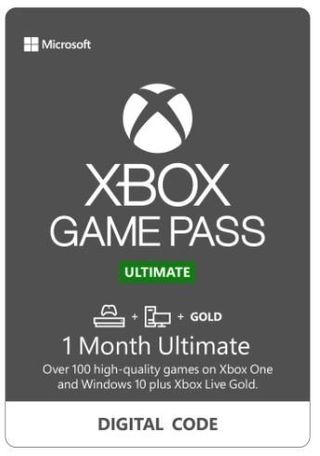
Your key to game streaming
Xbox Game Pass Ultimate is a phenomenal deal — as long as you live in the 22 countries that support cloud streaming. With Xbox Live Gold, EA Play, and access to the entire Xbox Game Pass catalog, it's easily one of the best-valued packages in gaming.

